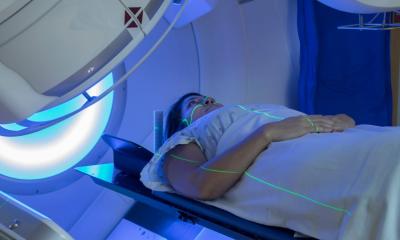Gene test could extend lives of women at risk of hereditary breast cancer
Value in Health, the official journal of the International Society for Pharmacoeconomics and Outcomes Research (ISPOR), has announced the publication of new research indicating that testing for variants in 7 cancer-associated genes (versus the usual process of testing in just 2 genes) followed by risk-reduction management could cost-effectively improve life expectancy for women at risk of hereditary breast cancer.
Using hypothetical cohorts of women at risk of hereditary breast cancer, the authors used a decision-analytic model to compare the relative cost and effectiveness of two test strategies for detecting pathogenic genetic variants: 1) the usual BRCA1/2 test strategy, and 2) a next-generation 7-gene strategy that tests for variants not only in BRCA1 and BRCA2, but also in TP53, PTEN, CDH1, STK11, and PALB2. The authors from the large medical lab Quest Diagnostics then used these test results to select appropriate breast cancer risk reduction treatments / therapies.
In the base-case scenario for 50- and 40-year-old women undergoing genetic testing, the incremental cost-effectiveness ratio (ICER) for the 7-gene test strategy compared with the BRCA1/2 test strategy was $42,067 and $23,734 per life-year gained, or $69,920 and $48,328 per quality-adjusted life-year gained, respectively. At these ICER levels, the 7-gene test strategy would be considered cost effective according to the World Health Organization guidelines.
"Pathogenic variants in the BRCA1 and BRCA2 genes explain only about 15% of the breast cancer familial relative risk," said lead author Yonghong Li, PhD, Quest Diagnostics, USA, "while pathogenic variants in other genes, including TP53, PTEN, CDH1, and PALB2 contribute further to the familial relative risk. The results of this study," Dr. Li added, "demonstrate the potential value of newer testing options that allow for the simultaneous analysis of expanded panels of additional genes whose pathogenic variants confer moderate to high risk for breast cancer."
Source: Value in Health
28.04.2017





